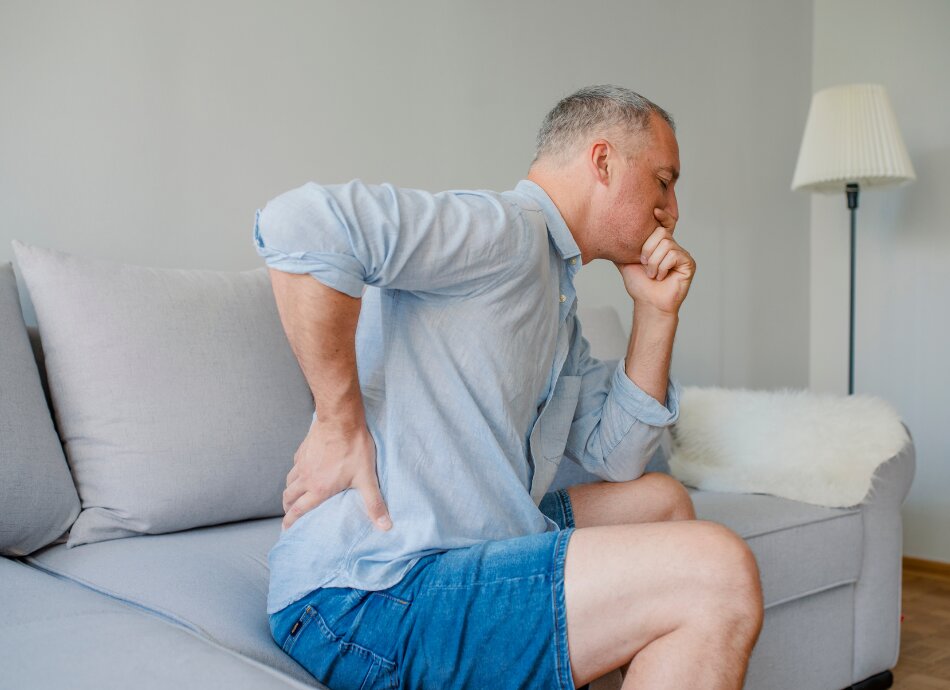Symptoms of a kidney infection include:
- fever and chills
- pain in your lower stomach area, or pain in your lower back (either on one or both sides)
- your urine (pee) is pink or cloudy or smells bad
- a painful or burning sensation when you pee
- an urgent need to pee
- needing to pee more often than usual
- blood in your pee
- nausea (feeling sick) or vomiting (being sick)
- loss of appetite
- weakness or tiredness
- confusion, especially in older people.
These symptoms usually occur suddenly, over a day or two. If the infection is serious and untreated, a kidney infection can cause sepsis, which is life threatening.
See your healthcare provider or go to the nearest emergency department immediately if you or someone you care for experiences these symptoms as they may indicate sepsis:
- slurred speech or confusion
- extreme shivering or muscle pain
- passing no urine (pee/mimi) for a day
- severe breathlessness
- feeling like you are going to die
- skin mottled or discoloured.
Call Healthline free on 0800 611 116 if you are unsure what to do. Ask ‘Could this be sepsis?’
If you have been given antibiotics and are feeling worse or have more of the symptoms above, contact your GP or go to the nearest emergency department. Don't wait until the morning.






